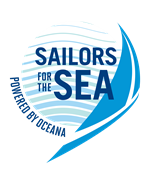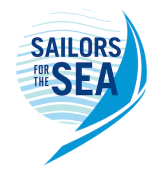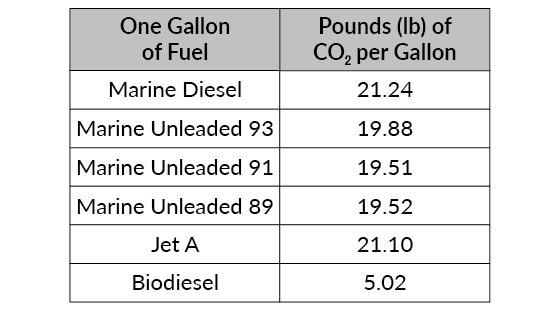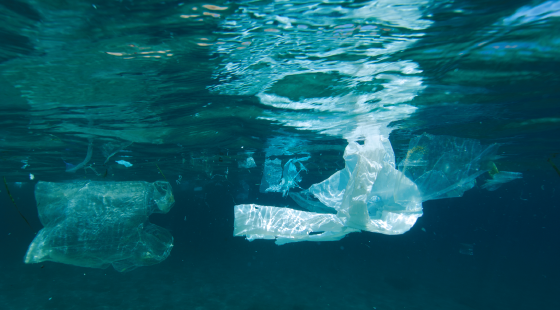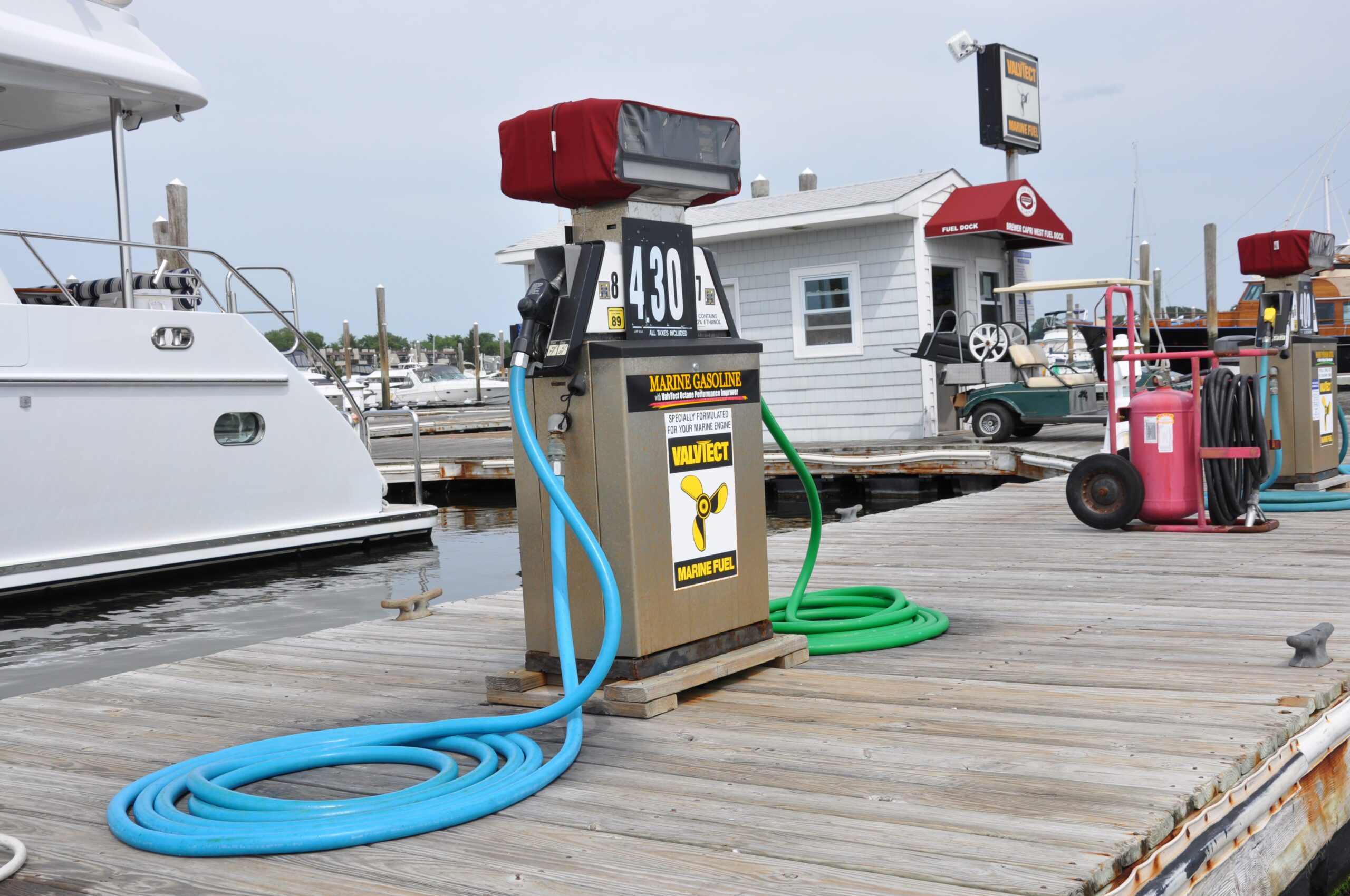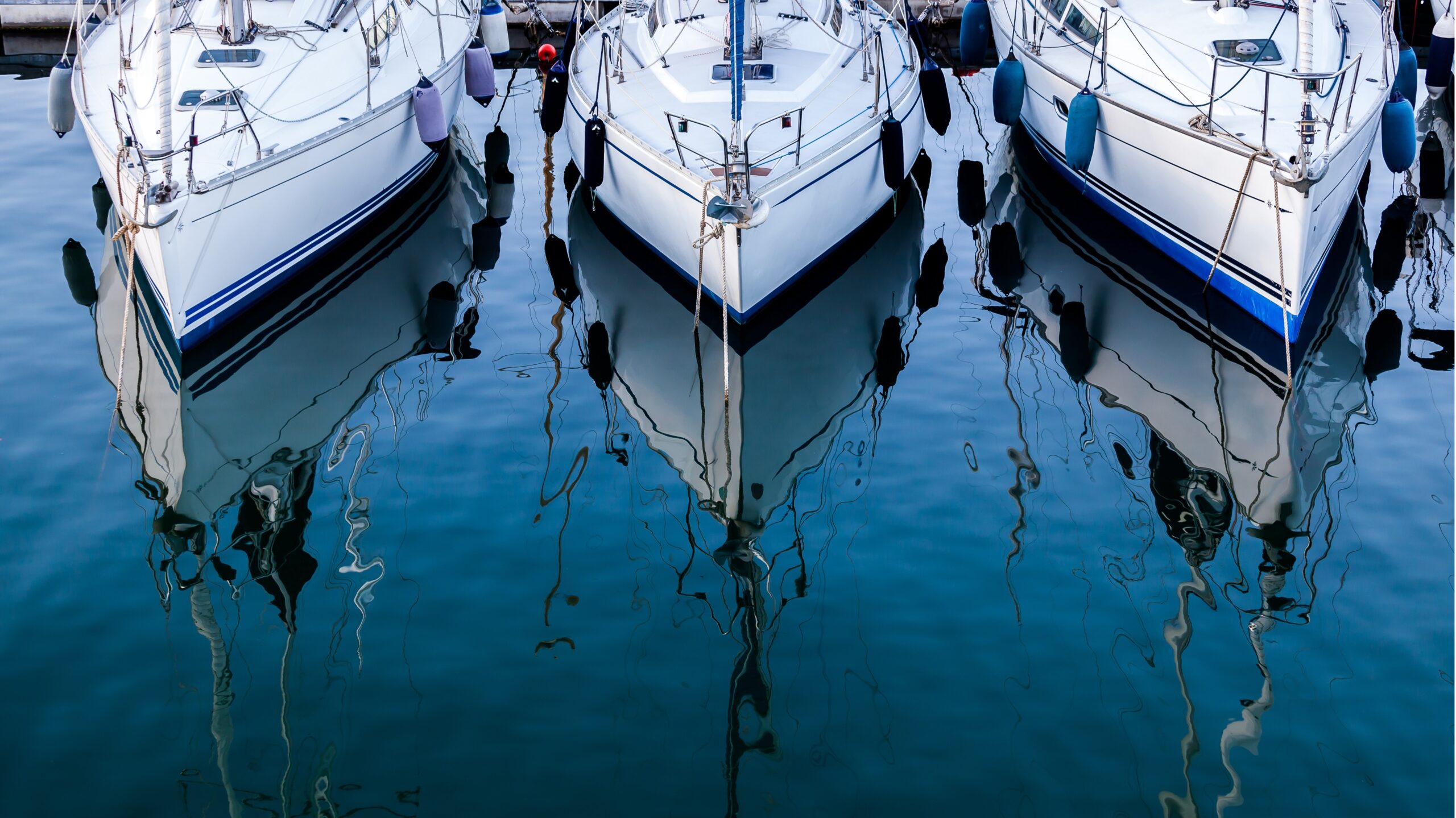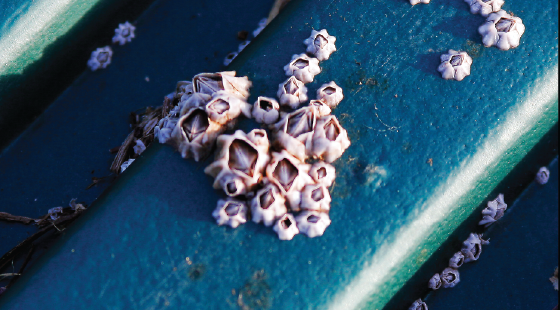Carbon Footprint
Join Our Green Boating Community What’s the Global Carbon Cycle? Moderate levels of carbon dioxide (CO2) in our atmosphere are normal, as CO2 helps keep the planet warm and plays an integral role in many key biological processes, including photosynthesis. The earth naturally produces and processes CO2 in what is referred to as the Global … Read more
